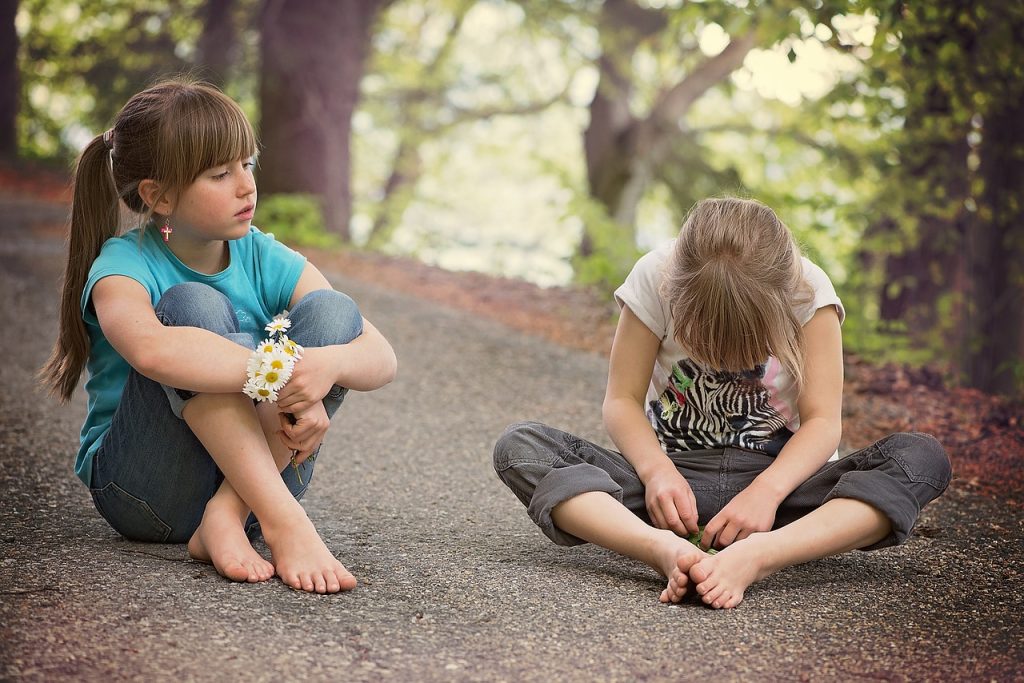
Building Empathy
by Kyle Kick
BStrong Together Executive Director
Much has been written recently about the power of empathy. The Oxford English Dictionary defines empathy as, “the ability to understand and share the feelings of another.” Empathy allows us to see things from another person’s perspective and imagine other’s thoughts and emotions, essential skills in building and managing healthy relationships. Fueling vital critical connections with others, empathy in children encourages tolerance and acceptance, reduces bullying, increases kindness, and builds stronger, more secure relationships with peers and adults alike.
Research shows that empathic people are happier, more connected to others, and have a greater sense of well-being. As a critical soft-skill, empathy can lead to more effective leadership and communication skills, bringing about greater personal and professional success. Empathy often creates an increased ability to deal with conflicts, more satisfying relationships with others, and lower levels of stress.
Empathy is good for you!
As humans, we are born with empathy. But, it is important to recognize that empathy is not a trait – a fixed, natural ability or characteristic that is unchangeable. Rather, as Stanford Assistant Professor Dr. Jamil Zaki explains in his Tedx Talk “Building Empathy: How to Hack Empathy and Get Others to Care More”, empathy is a skill that can be taught, practiced, and developed. To encourage the development of empathy in your family:
- Set a good example – model empathy in your own life.
- Help your child learn to talk about and name feelings to develop emotional language.
- Encourage your child to talk about how others may be feeling and why. This helps them to see and identify other perspectives.
- Encourage play – play creates wonderful opportunities to practice empathy as well as communication and problem-solving skills.
- Support your child’s development of emotional regulation. Research shows that children who are better able to regulate negative emotions often show greater empathy and concern for others.
- Acknowledge and praise kindness.
- Learn about people from different backgrounds and different cultures.
- Read – books are a wonderful tool to explore different perspectives and develop a deeper understanding of the experiences of others. For a list of books and other media that supports empathy-building from Common Sense Media, click here.
In his motivational TedxUVU Talk Re-Imaging Empathy: The Transformative Nature of Empathy, teacher and researcher Paul Parkin talks about the importance of another critical form of empathy – self-empathy. In our often perfectionistic culture, empathy allows us to be imperfect, to make mistakes, and to forgive ourselves (and others) for not being perfect.
Discover how empathy can change your life with this helpful infographic from Happify Daily and be sure to explore all of the links in our 2018 November Newsletter to learn other ways to support the development of empathy in your world. And remember…
“Empathy forges communication that is inquisitive, that is non-judgmental, that is validating and compassionate. When we cultivate empathy, we enlarge our capacity to love, to forgive, to be accepting. In many ways, empathy is the foundation of those things.” – Paul Parkin
